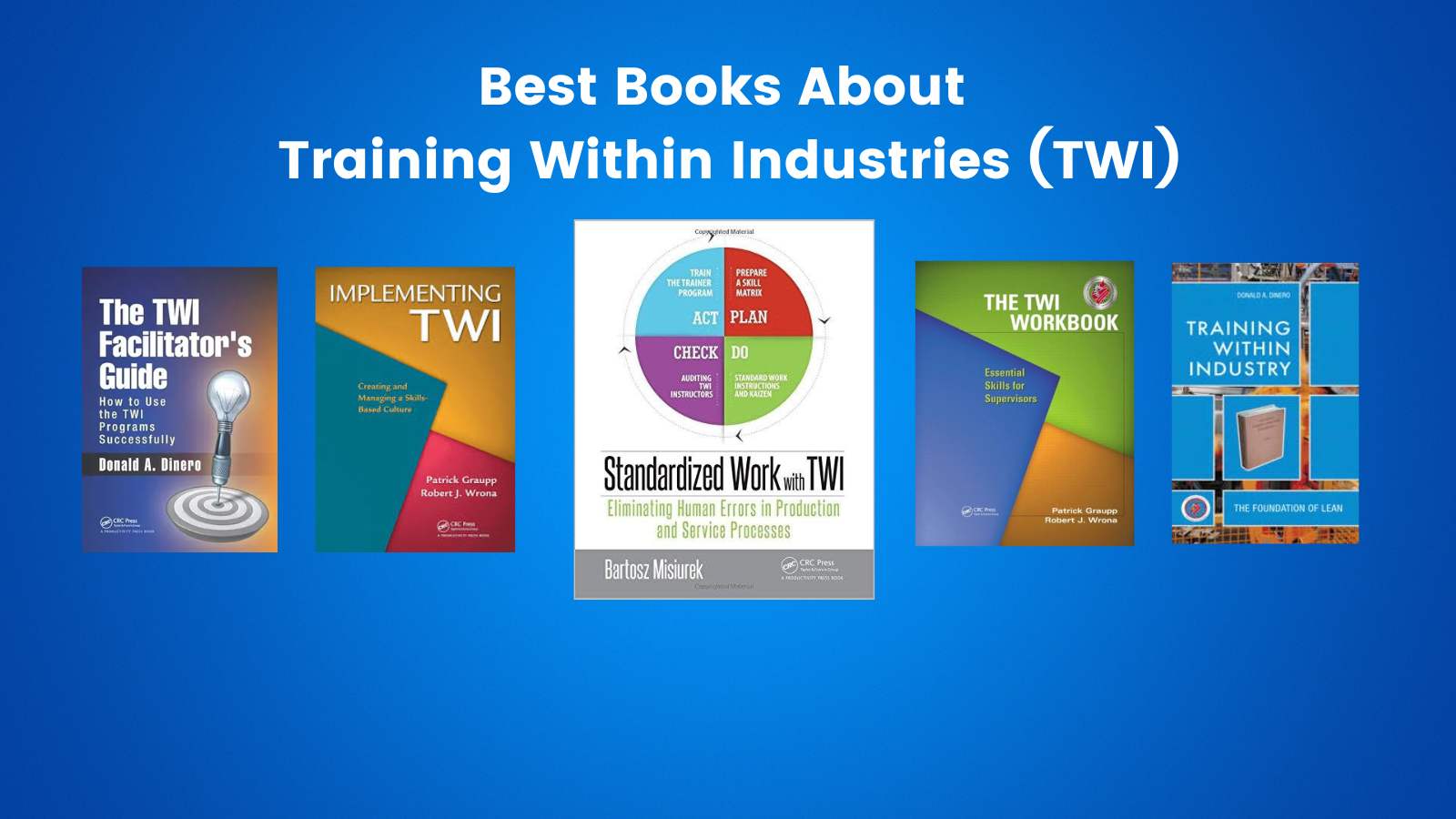Fearless public speaking is an essential skill in today’s world, whether you’re addressing a small group of colleagues or delivering a keynote speech to a large audience. However, for many people, the mere thought of standing in front of others and speaking can evoke a powerful and paralyzing emotion: fear. This fear of public speaking, often known as glossophobia, can manifest in various ways, including stage fright, anxiety, and an overwhelming sense of dread. In this article, we will explore the origins of this fear, its impact on our ability to communicate effectively, and strategies for conquering it.
Table of Contents
ToggleUnderstanding the Fear
Fear is a fundamental human emotion, deeply rooted in our evolutionary history. It has its origins in the instinct for survival. When faced with real threats, our bodies respond with a heightened state of emotional tension, preparing us to fight or flee. This is a natural and adaptive reaction.
However, when it comes to public speaking, the fear response can seem disproportionate and irrational. After all, there is usually no physical danger in addressing an audience. Still, the fear persists, often causing individuals to experience a range of physical symptoms, from trembling hands and a racing heart to a dry mouth and a blank mind.
The Impact on Presentations
This fear of public speaking can have a significant impact on our ability to deliver effective presentations. It can act as a barrier between the presentation we envision in our minds and the one that actually unfolds in front of an audience. The anxiety and self-doubt generated by this fear can hinder our communication skills and prevent us from conveying our ideas confidently.
Research shows that a significant percentage of people identify fear as the primary obstacle preventing them from giving a good presentation. This fear can lead to missed opportunities, stalled careers, and a sense of frustration for those who desire to communicate their ideas effectively.
The Role of Education
One contributing factor to the fear of public speaking is our educational experiences. Traditional schooling often reinforces negative associations with public speaking. Many students have encountered scenarios where they were graded on their performance, with their mistakes and flaws meticulously pointed out. This emphasis on critique rather than growth can leave lasting scars and contribute to the fear of speaking in public.
Overcoming the Fear
Fearless public speaking. The good news is that the fear of public speaking is not insurmountable. With the right strategies and mindset, anyone can learn to conquer this fear and become a more confident communicator. Here are some steps to consider:
- Practice: The age-old adage, “practice makes perfect” holds true for public speaking. Rehearse your presentation multiple times, preferably in front of friends or trusted colleagues. Familiarity with your material will boost your confidence.
- Positive Associations: Try to build positive associations with public speaking. Instead of viewing it as a threat, see it as an opportunity for personal growth and self-expression. Embrace the chance to share your knowledge and insights with others.
- Mindfulness and Relaxation Techniques: Techniques such as deep breathing, visualization, and meditation can help calm nerves and reduce anxiety before and during a presentation.
- Seek Professional Help: If your fear of public speaking is particularly paralyzing, consider seeking professional guidance, such as a public speaking coach or therapist specializing in anxiety disorders.
- Feedback and Improvement: Embrace feedback as a means of improvement rather than criticism. Constructive feedback from others can help you refine your presentation skills and grow as a communicator.
- Visualization: Imagine a successful presentation in your mind. Visualize yourself speaking confidently and engaging your audience. This mental rehearsal can boost your confidence and reduce anxiety.
- Desensitization: Gradually expose yourself to public speaking situations. Start with small, friendly groups and work your way up to larger audiences. Each successful experience will build your confidence.
Conclusion
In conclusion, fearless public speaking is a common obstacle that can hinder personal and professional growth. It is crucial to understand the origins of this fear, acknowledge its impact, and actively work to overcome it. By practicing, building positive associations, and seeking support when needed, you can unleash your inner communicator and confidently share your ideas with the world. Remember, public speaking is a skill that can be learned and mastered, and with persistence, you can conquer your fear and become a more effective and confident speaker.
I am highly experienced marketing professional with over 4 years of experience in the industry. With a strong background in marketing strategies for both B2C and B2B companies. I am skilled in well-versed in the latest digital marketing trends and technologies.







